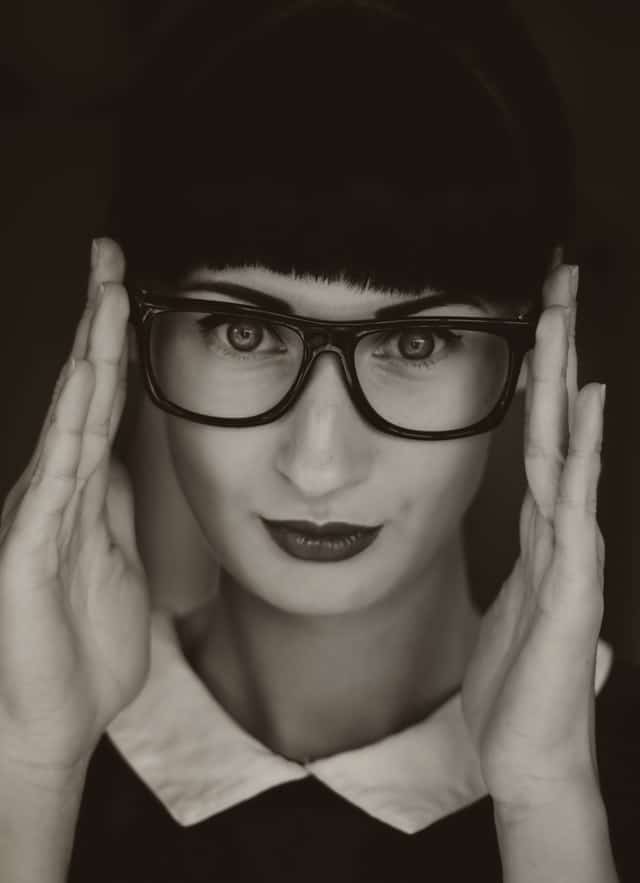Hearing and vision loss are both associated with the natural aging process, and unfortunately for many, both conditions can co-occur. This is known as dual sensory impairment, which affects approximately 20 percent of adults over 75 years of age.
Dual sensory impairment is not always linked to old age, however. The condition can be congenital (present at birth), the result of genetic diseases like Usher’s syndrome or caused by traumatic bran injury.
What Are the Risks of Dual Sensory Impairment?

Dual sensory impairment has been linked to social withdrawal, depression and reduced quality of life.
“Dual sensory loss is poorly understood, under-recognized and under-diagnosed … This is particularly the case in its mild form since it may be undetected by the individual, or onset may initially be in one domain at a time (vision or hearing deterioration),” wrote the authors of a study entitled “Mental Health and dual Sensory Loss in Older Adults: A Systematic Review.”
Fortunately, the negative effects of dual sensory impairment can be prevented or delayed by treating the conditions. One study found that people who treat their dual sensory loss have higher quality of life and lower risk of death than people who don’t.
How Is Dual Sensory Loss Treated?
Most people with dual sensory loss do not experience total deafness and blindness, meaning the condition is, in most cases, very treatable.
“Rehabilitation therapists can help with adaptation and accommodation after sensory loss,” explained Dr. Ying-Zi Xiong, postdoctoral fellow at Gigi & Carl Allen Envision Research Institute in Wichita. “They will prescribe assistive devices and teach coping strategies, which will make everyday tasks and communications much easier.”
“When it comes to treatment, ophthalmologists and otolaryngologists are the experts … Although treatment might not necessarily cure the vision and hearing conditions, they can often slow down deterioration, stabilize the condition and relieve discomforts. Maintaining the use of residual vision and hearing is a great exercise for the brain and with time we become more and more efficient in using the visual and auditory information,” she continued.
For more information about dual sensory loss, or to schedule an appointment with an expert audiologist, call Tinnitus & Hearing Experts today!